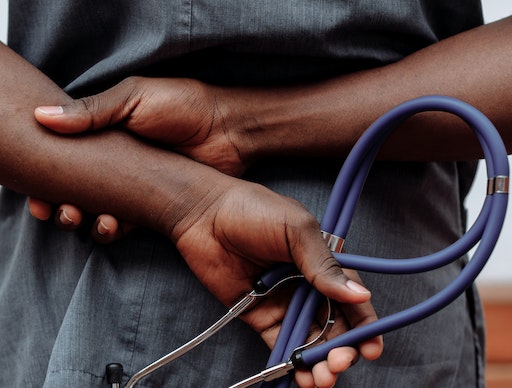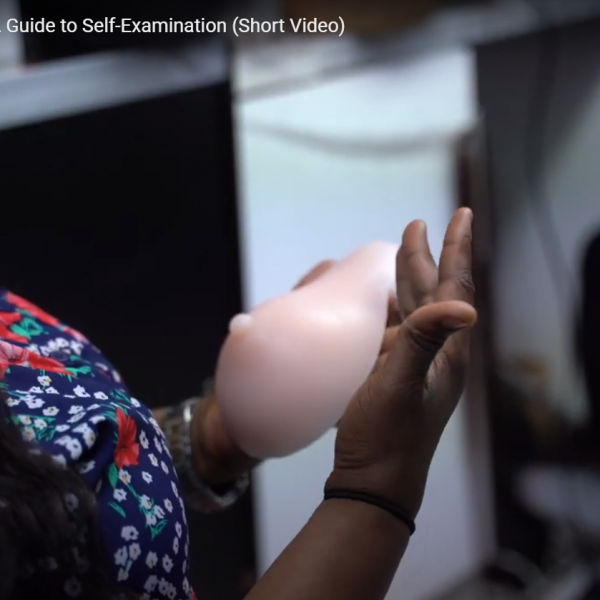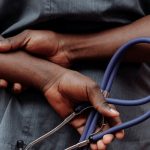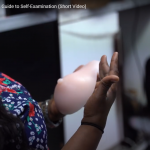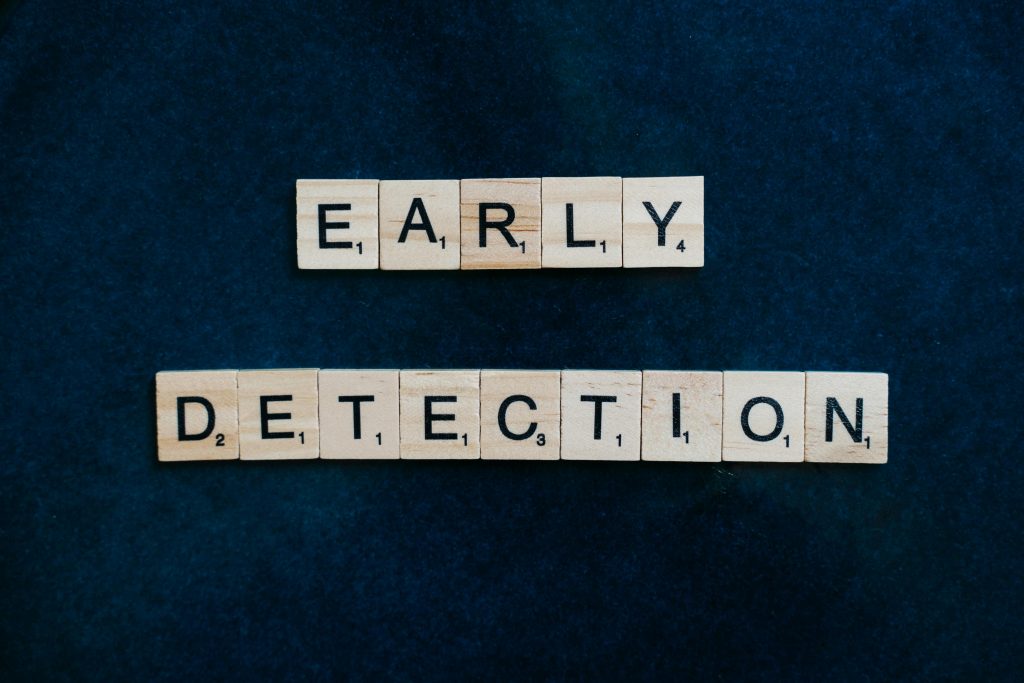
Introduction
Cancer remains a formidable adversary in the realm of public health, affecting individuals across all levels of society regardless of status or prominence. Recent headlines have brought this reality closer to home with the disclosures of cancer diagnoses within the British Royal Family, namely King Charles and Princess Kate Middleton. These revelations not only shed light on the universal nature of cancer but also serve as poignant reminders of the importance of early detection and proactive healthcare practices. In this comprehensive guide to cancer education, we delve into the significance of these royal diagnoses, particularly for communities of Black, Asian, and Minority Ethnic (BAME) backgrounds, emphasising the critical role of open communication, regular screenings, and timely medical intervention.
Royal Revelations: King Charles and Princess Kate Middleton
The news of King Charles and Princess Kate Middleton’s cancer diagnoses sent shockwaves through the global community, underscoring the indiscriminate nature of this disease. While the specifics of their conditions have not been disclosed, their willingness to share their experiences serves a noble purpose in raising awareness and eradicating the stigma associated with cancer. By publicly acknowledging their battles, the royal family amplifies the message that cancer can affect anyone, regardless of privilege or position.
The Power of Early Detection
Central to the fight against cancer is the concept of early detection, a principle that holds particular significance in improving prognosis and treatment outcomes. Statistics overwhelmingly support the notion that cancers caught at an early stage are more likely to be treatable and have higher survival rates. For instance, according to Cancer Research UK, the five-year survival rate for breast cancer diagnosed at stage 1 is approximately 99%, compared to around 26% for cases diagnosed at stage 4.
Breaking the Silence: Importance of Communication in BAME Communities
Within BAME communities, discussing cancer and related health issues can be met with cultural taboos and reluctance. However, the royal diagnoses serve as a compelling catalyst for breaking this silence and encouraging open dialogue. By initiating conversations about cancer within families and communities, individuals can overcome barriers to seeking medical assistance and access crucial support networks.
Understanding Cultural Barriers
In many BAME communities, cultural beliefs and practices may hinder the uptake of cancer screenings and prompt medical consultations. Misconceptions about cancer, fear of diagnosis, and language barriers can all contribute to delayed detection and poorer outcomes. Addressing these cultural barriers requires tailored educational initiatives, community outreach programmes, and multilingual resources to ensure equitable access to information and healthcare services.
Empowering Individuals Through Knowledge
Education emerges as a powerful tool in the fight against cancer, empowering individuals with the knowledge and resources needed to navigate their healthcare journeys effectively. By familiarising themselves with common signs and symptoms, understanding the importance of regular screenings, and knowing how to access support services, individuals can take proactive steps towards early detection and timely intervention.
Accessing Healthcare Services: The Role of NHS and GPs
In the United Kingdom, the National Health Service (NHS) plays a pivotal role in providing comprehensive cancer care, from screening and diagnosis to treatment and support. General Practitioners (GPs) serve as the first point of contact for individuals seeking medical advice, underscoring the importance of building trusting relationships with healthcare providers. Encouraging BAME individuals to engage with their local NHS services and proactively discuss their concerns can facilitate timely referrals and tailored interventions.
Promoting Health Equity
Efforts to combat cancer must be underpinned by a commitment to health equity, ensuring that all individuals, regardless of race or ethnicity, have equal access to quality care and resources. This necessitates addressing systemic barriers within healthcare systems, investing in culturally competent care models, and fostering inclusive research initiatives aimed at understanding the unique challenges faced by diverse communities.
Conclusion
The recent cancer diagnoses within the British Royal Family serve as sobering reminders of the pervasive impact of cancer and the urgent need for heightened awareness and proactive healthcare practices. By sharing their experiences, King Charles and Princess Kate Middleton not only humanise the cancer journey but also underscore the importance of early detection, open communication, and equitable access to healthcare services. As we navigate the complexities of cancer education, it is imperative to empower individuals with knowledge, dismantle cultural barriers, and advocate for policies that promote health equity. Together, we can strive towards a future where cancer no longer casts a shadow of fear but instead inspires hope and resilience within every community.

